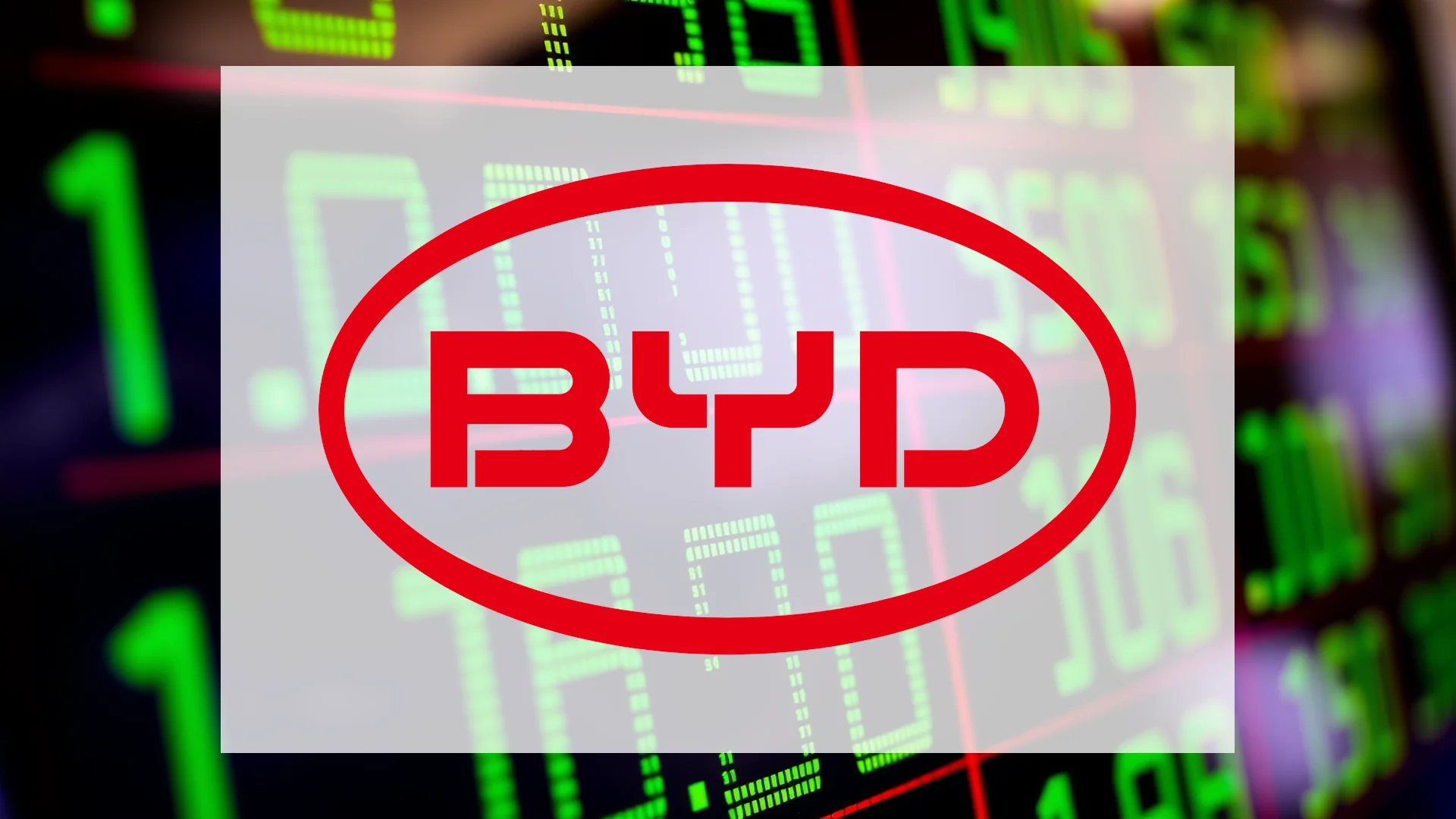Chinese electric vehicle manufacturer BYD is experiencing significant selling pressure following a series of analyst downgrades. The company’s shares came under scrutiny after both Erste Group and Jefferies Financial Group revised their ratings downward on September 5th, citing concerns about eroding profit margins due to aggressive price competition in European markets.
Dual Analyst Downgrades Signal Concerns
The rating adjustments began with Erste Group downgrading BYD from “Buy” to “Hold,” highlighting intensified competition and persistent pricing pressures within the European automotive market. Of particular concern to analysts is the consistent quarterly decline in BYD’s average selling prices across Europe over the past two years.
Jefferies Financial Group followed with its own reassessment, moving from a “strong-buy” to “hold” recommendation. Both financial institutions expressed similar apprehensions about the sustainability of BYD’s expansion strategy, which relies heavily on market share acquisition through competitive pricing.
European Success Comes at a Cost
Despite demonstrating remarkable growth in European vehicle registrations—occasionally surpassing even Tesla’s performance—BYD’s achievements have carried substantial financial implications. The company’s aggressive pricing approach has resulted in dramatically compressed average selling prices, raising questions about long-term profitability.
Should investors sell immediately? Or is it worth buying BYD?
Additional concerning signals emerged in recent months, with BYD reporting consecutive monthly production declines in July and August for the first time since 2020. These figures suggest a potential cooling of the manufacturer’s previously rapid expansion. The situation intensified on September 1st when BYD disclosed its first profit decline in over three years, primarily attributed to fierce price competition in its domestic Chinese market.
Balancing Growth and Profitability Challenges
The critical question facing BYD is whether the company can successfully balance market share expansion with sustainable profitability. The coming months will prove decisive as the automaker continues its European expansion efforts, including factory development plans in Hungary and the introduction of new hybrid models such as the Seal 6 DM-i.
Market participants are closely monitoring September sales figures and potential announcements regarding future pricing strategies, which will likely determine the stock’s near-term trajectory. Investors remain watchful to see if BYD’s substantial European investments will eventually yield satisfactory returns amid current market challenges.
Ad
BYD Stock: Buy or Sell?! New BYD Analysis from February 8 delivers the answer:
The latest BYD figures speak for themselves: Urgent action needed for BYD investors. Is it worth buying or should you sell? Find out what to do now in the current free analysis from February 8.
BYD: Buy or sell? Read more here...









